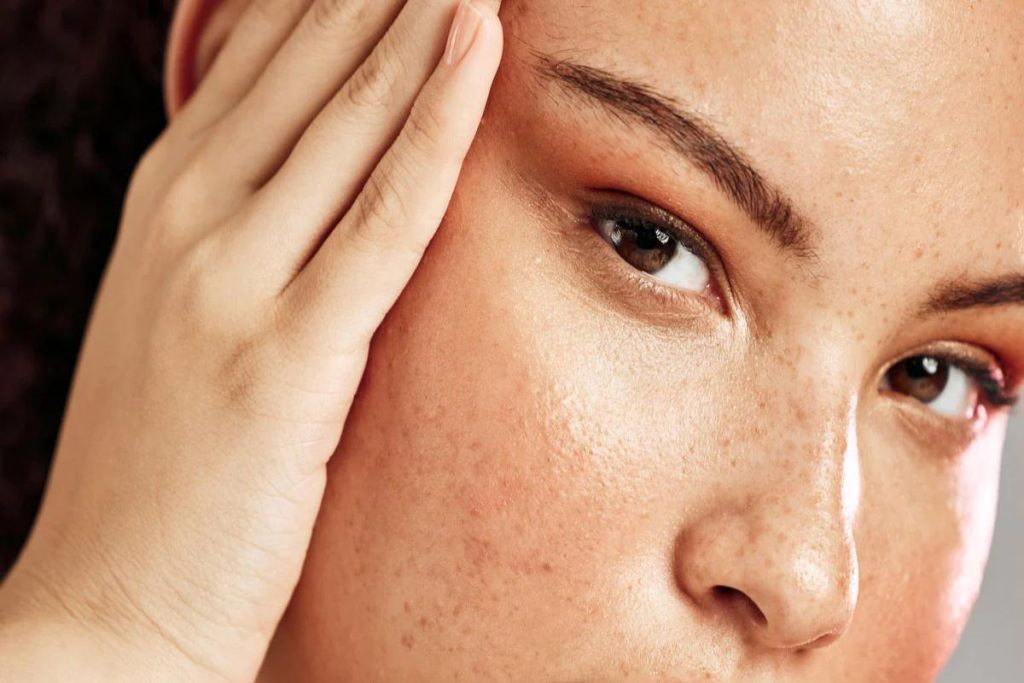Table of Contents
Introduction
Blackheads – The granites are the problems of the most common skin in the world. It affects about 98% of adolescents and is likely to be most common between 15 and 17. Although it can also continue for years since 12% of adults, mainly women, suffer from it.
The most mutual cause of this disorder is hormonal changes. That is why it develops at puberty when the body begins to produce sex hormones.
And it is that our skin has thousands of microscopic hair follicles. There is a sebaceous gland in each of them that produces a greasy substance, sebum or skin fat, which helps protect our skin from sunlight, fluid loss, and the development of bacteria.
The hormones cause an increase in sebum production, and this excessive secretion of fat, together with the dead cells of the epidermis, block the hair follicle, causing it to become inflamed and the formation of a blackhead, mud, or pimple.
And pimples appear mainly in areas of the skin with a higher density of sebaceous follicles, such as the face, neck, chest, and back.
What causes Blackheads?
A blackhead occurs when a duct becomes clogged. The sebum (produced in too large quantities here) oxidizes and darkens in contact with the air to form this small blackhead, which you can then discover by looking at your nose. This overproduction of sebum can occur for various reasons: a too-rich diet, oily or dry skin, or even after using so-called comedogenic cosmetic products. So how can we get rid of blackheads if they have already spread?
The reason for treating pimples is almost always cosmetic reasons. However, when someone decides to remove them, it is best to use a product or medication suitable for their skin, such as Asepxia Carbon Detox.
Steps to Remove Blackheads
The pimples are popularly known as blackheads. Open comedones or pimples are flat or somewhat raised lesions, with a normal skin colouration characterized by having a central hole where a dark-coloured (practically black) fatty material accumulates.
The formation of blackheads occurs when the pore duct fills with sebaceous secretion and keratin, which in contact with the environment, ends up oxidizing and acquires that dark colour.
It is important to differentiate that open comedonals or pimples are different from closed comedones. In addition to colour, they differ in the areas where they usually appear. For example, pimples or blackheads are almost always located on the face (nose and chin, especially), and whites can form in many other areas of the body, such as the back or chest.
The pimples are not such a dermatological problem, although aesthetically uncomfortable. However, closed ones are considered more important from the point of view of skin disease because they are the precursors of acne lesions.
There are no skins more prone than others to suffer from pimples or blackheads. Anyone can have it because there is no direct relationship between skin type and such lesions. Normal, mixed, and dry skin also have blackheads because these have nothing to do with seborrhea typical of oily skin.
Here are the steps you should follow every day to have baby skin
1. Deep Cleansing
External influencing factors can lead to the accumulation of sebum and thus blackheads. Therefore, it is imperative to cleanse your face with special care mornings and evenings. The right choice to take care of your skin? A product for acne-prone skin that cleanses the skin while leaving it feeling soft and supple.
2. Moisture
Hydration is key to avoiding blackheads. For example, it prevents excessive sebum production from compensating for too dry skin. Whether gel or cream – a cosmetic treatment must be carried out daily.
3. Once a Week: Peeling and Face Mask
Peelings and masks are very suitable for deep cleansing of the pores. Once a week, an exfoliator will allow the skin to renew itself while removing any dead cells. Patches that are stuck to the nose or T-zone and remove oxidized sebum without the risk of infection are suitable for masks.
